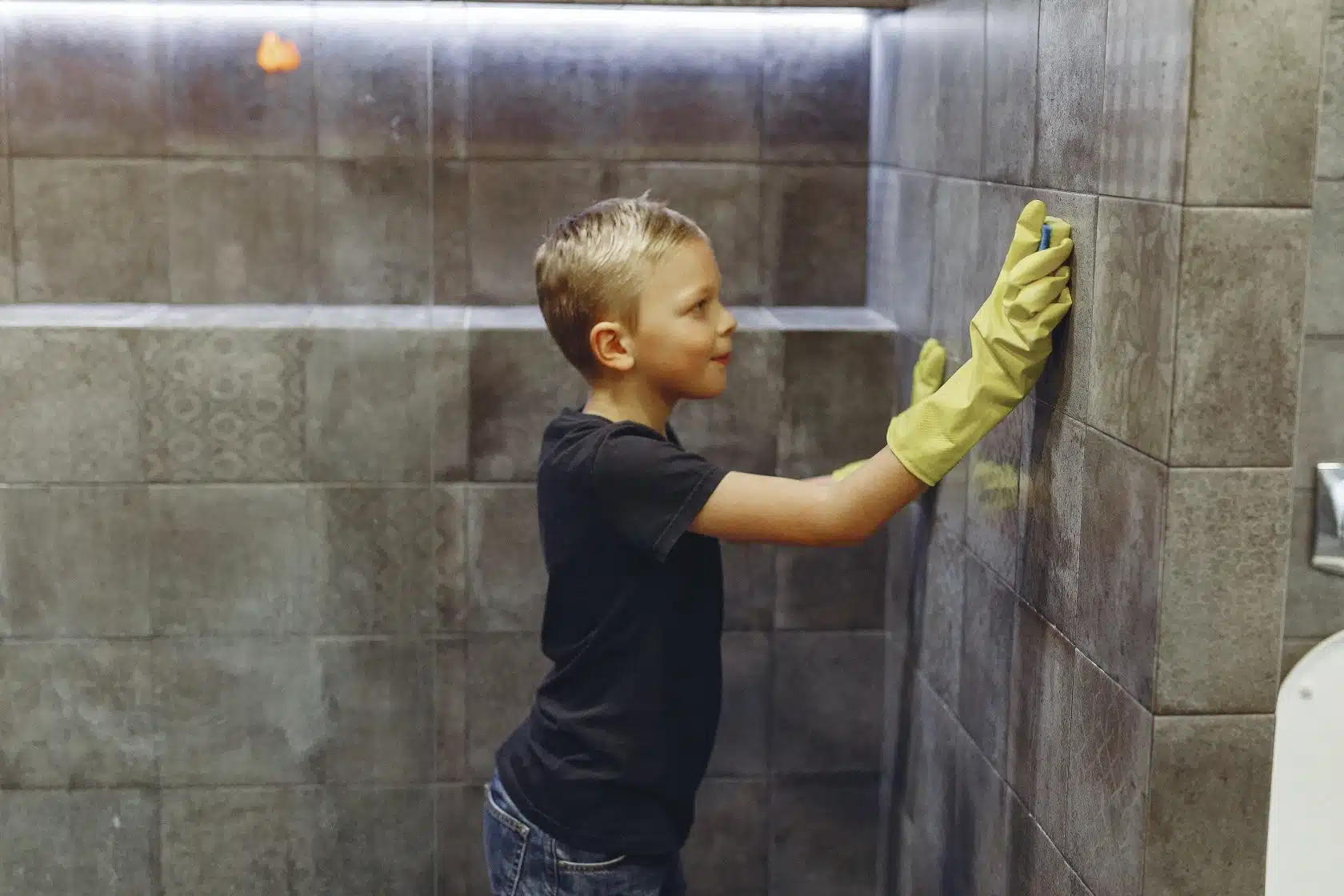Challenging behaviors can be associated with various conditions that affect children’s development and behavior. Here are some conditions associated with challenging behaviors:
| Disorder |
Description |
| Autism Spectrum Disorder (ASD) |
ASD is characterized by difficulties in social interaction, communication, and repetitive behaviors. |
| Attention-Deficit/Hyperactivity Disorder (ADHD) |
ADHD involves hyperactivity, impulsivity, and inattention, which can contribute to challenging behaviors. |
| Oppositional Defiant Disorder (ODD) |
ODD is marked by defiance, aggression, and hostility towards authority figures. |
| Intellectual Disabilities (ID) |
Children with ID may exhibit challenging behaviors due to cognitive limitations and difficulties in adaptive functioning. |
| Anxiety Disorders |
Anxiety can manifest as challenging behaviors, such as avoidance, aggression, or excessive worrying. |
Recognizing the conditions associated with challenging behaviors is essential for parents, educators, and therapists to provide targeted interventions and support tailored to the specific needs of children.
This post was originally published on April 9, 2023. It was updated on March 22, 2024.
















